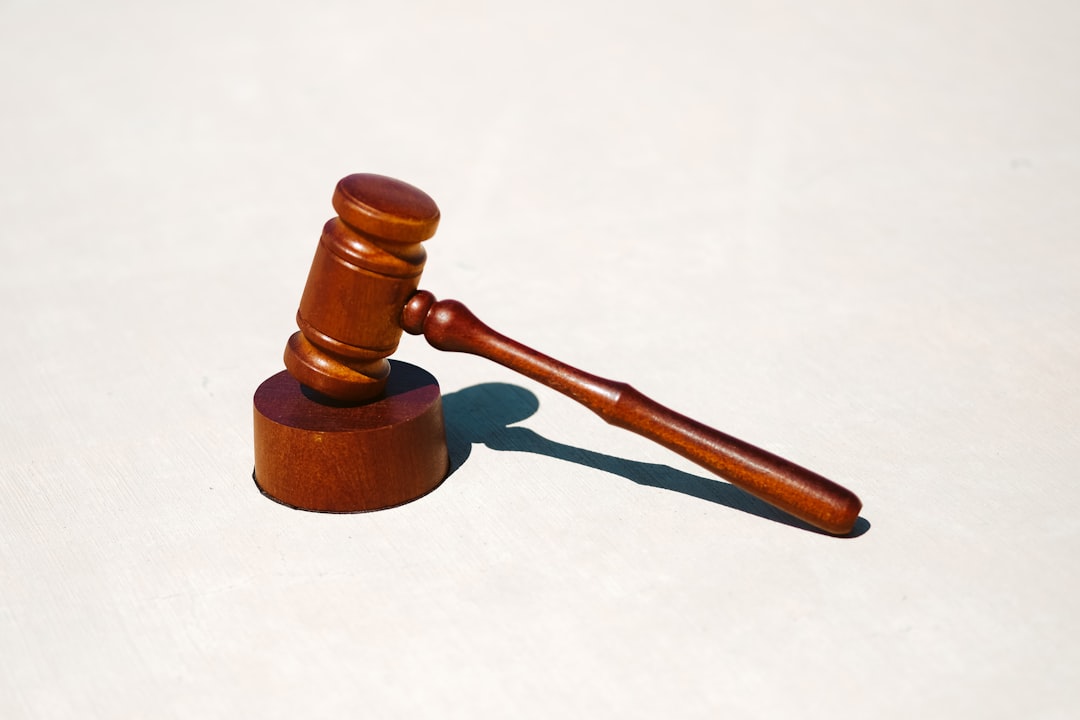In California, survivors of rape face both physical and legal challenges. Understanding your legal rights is crucial for navigating the complex justice system. This guide delves into the vital role a rape lawyer plays in advocating for victims’ rights and provides practical steps for those considering legal action. Additionally, it highlights resources available to help survivors heal and rebuild their lives. With a focus on California’s legal landscape, this article equips readers with knowledge and support in their pursuit of justice.
Understanding Your Legal Rights as a Rape Victim in California

In California, understanding your legal rights as a rape victim is crucial. If you’ve experienced sexual assault, you have the right to seek justice and hold the perpetrator accountable. A rape lawyer in California can guide you through the complex legal system, ensuring that your voice is heard and that you receive the support you deserve. They will help you navigate the process, from reporting the crime to pursuing civil or criminal charges, while protecting your privacy and advocating for your best interests.
Knowing your rights allows you to take control of the situation. In California, there are specific laws in place to protect victims of rape, including provisions for confidential medical care, protection orders, and the right to participate in the prosecution of your case. A qualified rape lawyer will explain these rights and help you exercise them effectively, ensuring that justice is served and that you receive the necessary support throughout the legal process.
The Role of a Rape Lawyer California: Advocacy and Support

In the aftermath of a rape, victims often face a complex and challenging legal process. This is where a rape lawyer California plays a pivotal role. Specialized in sexual assault cases, these attorneys provide much-needed advocacy and support to survivors. They ensure that victims’ rights are protected throughout the legal journey, from reporting the crime to testifying in court.
A rape lawyer California helps navigate the intricate procedures involved in rape investigations and prosecutions. They offer guidance on evidence collection, police interactions, and medical options available to victims. Moreover, these legal professionals empower survivors by educating them about their rights and options, facilitating access to justice, and promoting healing through the legal process.
Navigating the Criminal Justice System: A Guide for Victims

Navigating the complex criminal justice system can be overwhelming and daunting for any individual, but it is especially challenging for survivors of sexual assault. In California, where the legal landscape surrounding rape cases can be intricate, having access to specialized support is invaluable. A rape lawyer in California plays a pivotal role in guiding victims through this process, ensuring their rights are protected and their voices are heard.
These legal professionals possess extensive knowledge of state laws pertaining to sexual violence, enabling them to offer strategic advice tailored to each victim’s unique circumstances. They help survivors understand the various stages of the criminal justice system, from reporting the crime to testifying in court. With their assistance, victims can make informed decisions, ensuring their well-being and safety throughout the entire process.
Resources and Organizations Offering Help to Rape Survivors in California

In California, survivors of sexual assault have access to a range of resources and organizations dedicated to providing legal support and advocacy. One crucial step for victims is connecting with a rape lawyer in California who specializes in handling such sensitive cases. These attorneys offer not only legal counsel but also emotional support, ensuring that survivors navigate the justice system with dignity and respect.
Several non-profit organizations throughout the state provide comprehensive services tailored to the needs of rape survivors. From crisis hotlines offering confidential support to advocacy groups pushing for systemic change, these organizations play a vital role in empowering survivors. They offer resources such as legal aid, counseling, and information on available reparations, helping survivors regain control of their lives after traumatic experiences.






